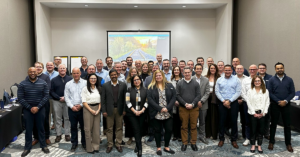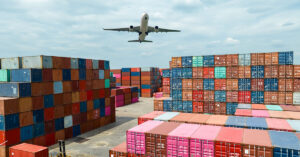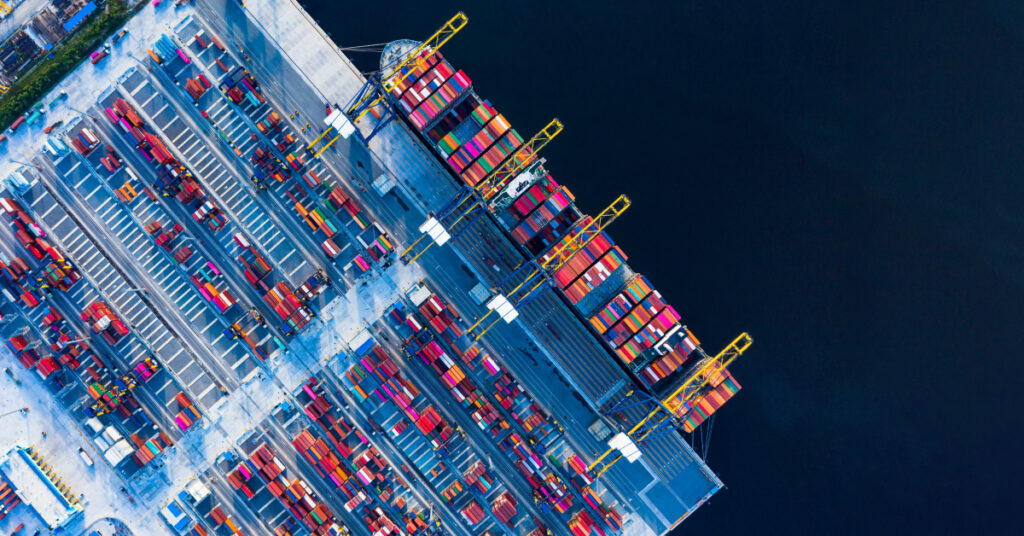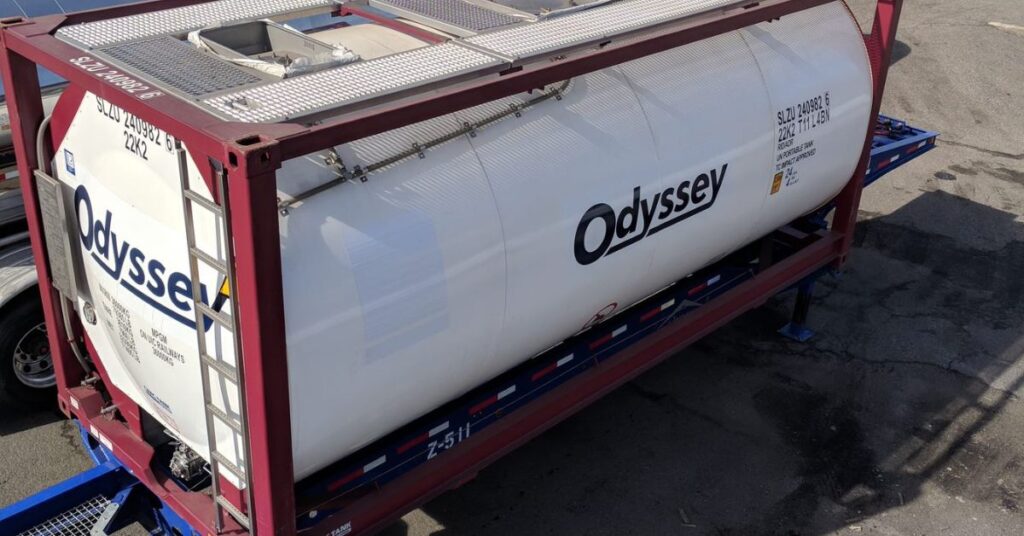Logistics and transportation networks continued to face a litany of challenges in 2022. Here’s how technology can help shippers work through these issues and plan for future success.
As logistical bottlenecks and related disruptions continue to impact supply chains worldwide, shippers have been facing a new lineup of challenges so far in 2022. Much of the volatility can be traced back to the global pandemic, with Chinese New Year, the trucking issues at the Canadian border, and numerous geopolitical issues also impacting the smooth flow of goods right now.
“Stemming from the COVID-19 pandemic,” Transport Topics reports, “the logistical bottleneck continues to reverberate around the world as carriers, shippers and third-party logistics providers attempt to deal with the impact on their operations.”
Addressing Emerging Issues
One of the newer issues that emerged in early-2022 was the Canadian trucker protests, which have since ended. These protests lasted three weeks and obstructed travel and commerce between the US and Canada, with a cavalcade of big rigs rumbling into the Canadian capital, blocking major streets and drawing thousands of supporters.
While this specific issue may be behind us, similar activities could take hold in other countries—or, repeat themselves in Canada—at some point this year. Should that happen, both transportation and logistics could again be disrupted.
The Challenges Ensue
Logistics, transportation and supply chain organizations continue to grapple with the persistent labor shortage in 2022 and there’s no immediate relief in sight. “The helter-skelter playing out on U.S. factory floors from labor and supply shortages, transportation bottlenecks and the coronavirus looks likely to persist into the second half of the year,” SupplyChainBrain reports.
“The lack of sufficient labor, along with job switching and recent omicron-related absences, is wreaking havoc on nearly every U.S. industry,” it adds, noting that the latest employment report showed that while the labor force participation rate — the share of Americans that are either working or looking for work — climbed in January, it’s still well below pre-pandemic levels.
“There’s a real challenge in finding labor and that’s across the system,” Weyerhaeuser CEO Devin Stockfish said in SupplyChainBrain. That includes finding truck drivers, logging contractors and employees to work in the mills. “That makes it challenging to really dramatically ramp up that production.”
Modernizing the Supply Chain
With labor shortages, logistical snarls and a lack of supply chain visibility all creating challenges for organizations right now, many are turning to technology for help. In To improve your supply chain, modernize your supply-chain IT, McKinsey & Co., says that global distribution issues and increasingly complex supply chains are forcing companies to modernize the tools they use for forecasting demand and planning how to meet it.
“Companies have to modernize their supply chains,” the global consultancy states. “That was obvious even before congested ports and parts and labor shortages began to snarl supply chains at the start of the Covid-19 pandemic two years ago.”
Using AI, machine learning and data analytics, for example, companies can speed up decision-making and pave the way for autonomous planning. “Modernizing can make supply chains more resilient and efficient,” according to McKinsey, which says companies haven’t “done themselves any favors” by sticking to their manual systems and antiquated software.
“It may feel daunting, but upgrading supply chain planning systems is doable with the right approach,” McKinsey states. “And the potential benefits are significant: better planning processes, systems that are a closer match for the company’s needs, and ultimately, a more efficient and resilient supply chain.”








